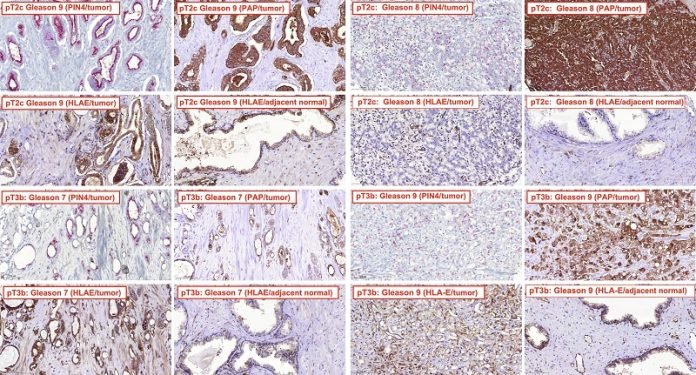
Researchers at Oregon Health & Science University (OHSU) have found that a vaccine originally created for HIV might also help combat cancer.
This exciting discovery was recently published in the journal Science Advances.
The vaccine uses a common virus called cytomegalovirus (CMV), which infects most people without causing serious symptoms.
CMV can be modified to carry cancer-related antigens, which are substances that trigger an immune response.
This helps the body produce T cells that specifically target cancer cells, creating a lasting defense against the disease.
Dr. Klaus Früh, a professor at OHSU’s Vaccine & Gene Therapy Institute (VGTI), explained, “We show that CMV can trigger T cells to recognize cancer cells.
By using a type of T cell that the cancer hasn’t encountered before, it becomes harder for the cancer to escape the immune system.”
Dr. Früh and his colleagues, including Dr. Louis Picker and Dr. Scott Hansen, have been working on this vaccine platform since the early 2000s.
Initially developed for HIV, the platform is currently being tested in human clinical trials. These trials will provide important data on the vaccine’s safety and effectiveness against HIV, and the researchers hope to expand its use to combat cancer.
In their recent study, the team used genetically modified CMV to create cancer-specific T cells in rhesus macaques at OHSU’s Oregon National Primate Research Center.
They discovered that these T cells could recognize and attack cancer cells with similar strength and precision as they do with viral infections.
The researchers worked with Mt. Sinai Hospital in New York to test the vaccine on prostate cancer cells.
They found that the T cells activated by the vaccine could target and attack prostate cancer cells, showing that this unique immune response could be effective against cancer.
“Eliciting T cells to target cancer antigens is challenging because the immune system usually avoids attacking its own cells,” said Dr. Früh. “Overcoming this tolerance is difficult for all cancer vaccines.”
The potential for this vaccine to help prevent cancer recurrence is particularly exciting. Since T cells created by CMV vaccines last for life, the vaccine could help keep cancers like prostate or breast cancer from coming back.
Dr. Früh expressed hope for the future: “If you’ve had cancer, you’re always worried it might return. A vaccine that keeps cancer-specific T cells patrolling your body for life could be a game-changer.”
The researchers now need to see if their results in animal models can be replicated in humans. The ongoing clinical trials for HIV will provide early evidence, and further testing for other diseases and cancers is planned.
This groundbreaking research brings new hope for a vaccine that could provide lifelong protection against cancer, potentially changing the way we fight this disease.
If you care about wellness, please read studies about how ultra-processed foods and red meat influence your longevity, and why seafood may boost healthy aging.
For more information about wellness, please see recent studies that olive oil may help you live longer, and vitamin D could help lower the risk of autoimmune diseases.



